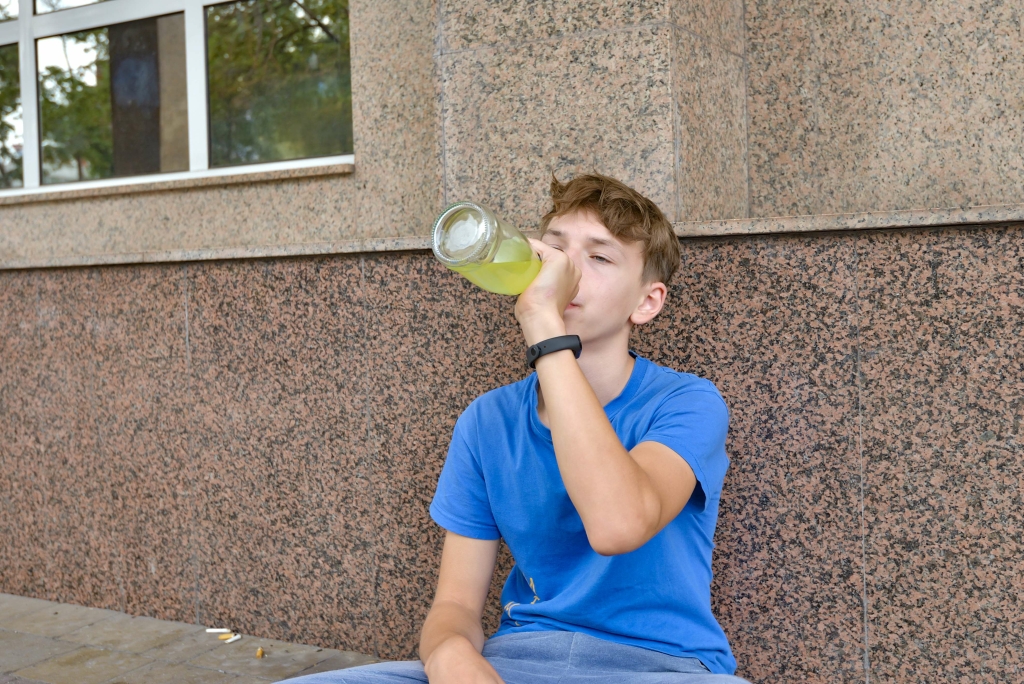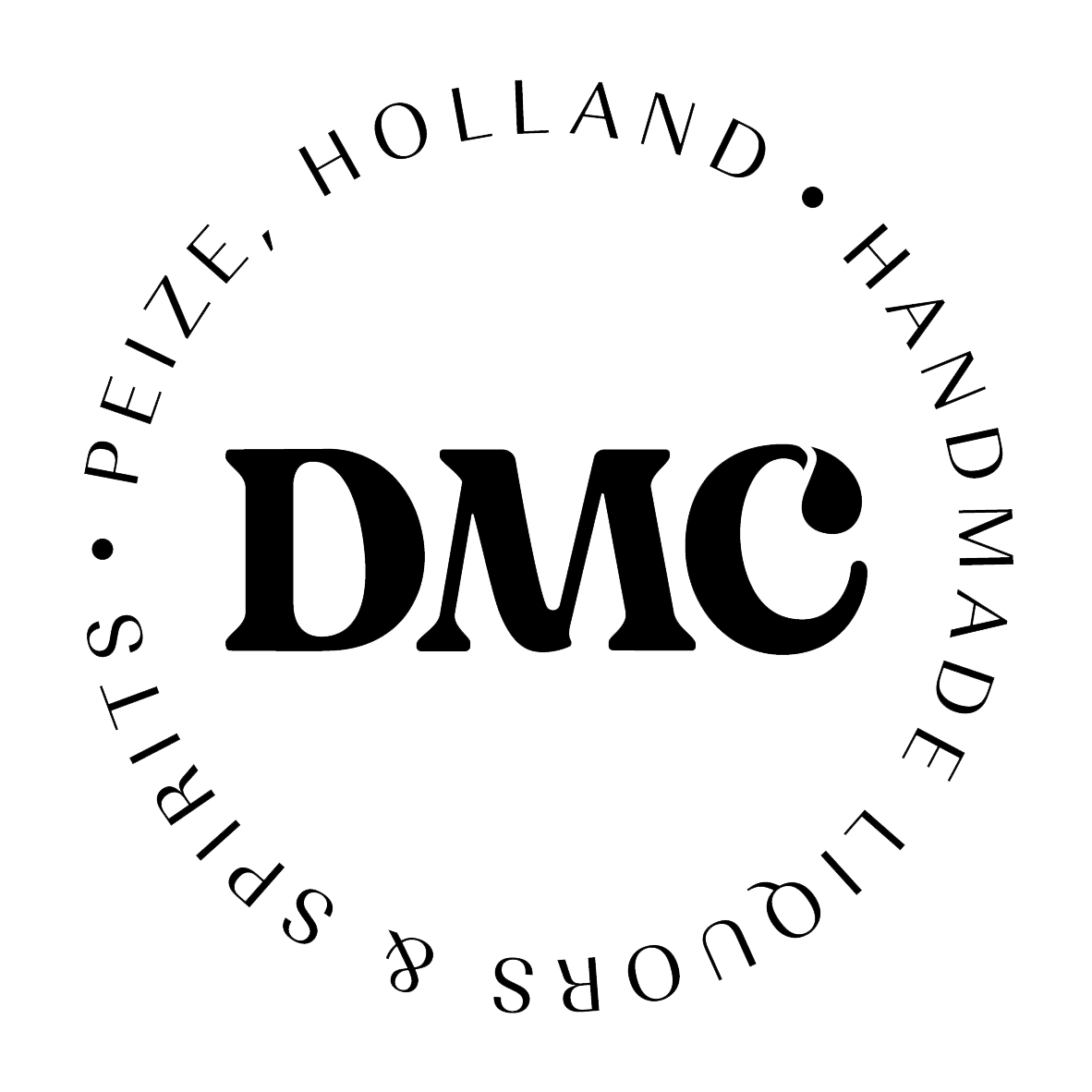Content
Support from family and friends will make this battle all the easier. Other factors like mental health struggles or early experiences with alcohol, like underage drinking, can make someone more likely to struggle with alcohol dependency issues, as well. Alcohol use disorder is the medical term for someone dealing with alcoholism. The medical community shifted to a broader definition of what constitutes alcohol use disorder in 2013. As more people are being diagnosed with it, health care providers are investigating whether genetic testing may lead to better treatment options. Peer pressure and drug accessibility are other environmental factors that can influence your decisions.

While it may be difficult for your family members to discuss this sensitive topic with you, don’t give up. Understanding your family’s history of drug or alcohol dependency can offer valuable new insight into your personal struggle with substance abuse. It’s possible that they have either a genetic or environmental predisposition to developing an addiction to alcohol or drugs.
Risk Factors Can Expand on “Is Alcoholism Hereditary?”
Environmental factors and your ability to handle situations that could cause alcohol dependency are just as important. Being born to a mother who drank during pregnancy or having other alcoholic family members increases your risk of alcoholism. Regardless of the roots of your alcoholism, The Ranch PA offers alcohol addiction treatment that will help you recover. Ultimately, there is a chance of developing AUD when genetic factors are involved.

Peer groups – people, especially youth, who hang out in social groups that use alcohol or drugs are more likely to use themselves. This could be because they are already predisposed to substance use, but it may also be caused by a need to fit in and the utilization of substance as a social lubricant. If you or someone you know is currently struggling with alcohol problems, contact us right away for professional support and assistance to get you onto a healthier path. It is perfectly normal for the child of an alcoholic to feel inadequate, unloved, and paranoid of others. After all, their childhood has shown them that the people in their life will only abuse them, forget about them, and break their trust.
CYP2C19: The Key Gene For Drug Breakdown?
The catalyst that leads to alcohol abuse is very often an environmental factor, such as work-related stress. It is estimated that while there are over a dozen genes that contribute to a tendency towards alcohol abuse, each on its own shows a limited correlation to alcoholism without environmental stressors. Therefore, the more genes present, the higher the likelihood of developing AUD, and thus we can infer that genetics do play some role. While the answer is not cut-and-dry, those with alcoholic parents show an increased risk of alcohol use disorders and developing an addiction to alcohol. However, as mentioned above, this is only part of the equation.
It’s well-known that individuals with a family history of alcoholism are at a higher risk of becoming alcoholics. A growing body of scientific evidence seems to confirm alcoholism and a genetic predisposition. This means if you have more than one close relative with an alcohol use disorder, you may have inherited genes that put you at risk.
Promises Behavioral Health Addiction Treatment Centers
Reciprocal drinking is common early in relationships, and it is often hard to discern if someone is not aware of the signs. However, as the relationship progresses and you get to know each other better, if you notice that the drinking behaviors are problematic and don’t say anything, your inaction is enabling the problem to continue. The expression ‘alcoholic parent, alcoholic child’ was common for generations, but we’re hoping Top 5 Questions to Ask Yourself When Choosing Sober House to help dispel this notion in multiple ways. The inaccuracy of that statement is that it is absolute; it infers that, as a rule, a child of an alcoholic will always be an alcoholic – which could be damaging for those who have an alcoholic parent. First and foremost, alcoholism is a disease that your loved one is struggling with. Roughly 3 in 10 Americans meet the criteria to be diagnosed with alcohol use disorder.
- Any use of alcohol is not recommended if an underlying mental health condition is present, and overuse of alcohol should be considered a huge warning flag for the development of progressive alcoholism.
- However, children that grow up in the home of an alcoholic are substantially more likely to begin drinking heavily from a younger age.
- A history of abuse – children who grew up in stressful environments, particularly those who were physically, verbally, or sexually abused are at a heightened risk of suffering from an AUD in adulthood.
- A much more complete picture of the numerous genes and pathways that influence risk will be found as larger samples are put together and more variations are examined.
- Those with moderate or severe disorders may need to go through a medically supervised detoxification program.
There are gene variations that could predispose a person to mental illnesses like depression and schizophrenia. People with mental illness are more prone to turn to alcohol as a coping mechanism. In many cases, the child of an alcoholic will have survived some mental, emotional, physical, or sexual abuse before reaching adulthood.



